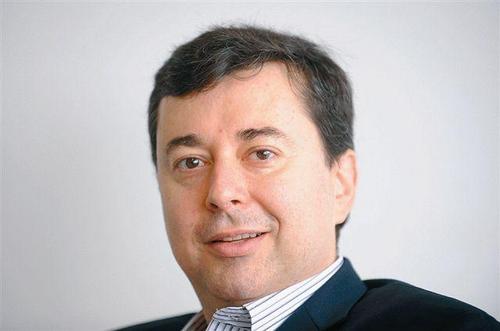Brazil creates press freedom forum
Brazil’s Judiciary has approved the creation of a permanent forum about freedom of the press, with the goal of debating court rulings on the subject and preparing judges to making more well-founded decisions.
The Judiciary’s National Forum on Freedom of the Press was created last November through a resolution issued by the National Justice Council (CNJ), a body responsible for supervising Justice’s activities in Brazil and ensuring its independence.
Although the resolution that creates the Forum on Freedom of the Press goes as far back as November, the group has not yet been fully formed. It is hoped it will be ready to convene in early February.
Brazil’s ranking for press freedom went down from 58 last year to 99th in the world this year, according to Reporters Without Borders.
The Forum will follow all cases related to freedom of the press, analysing judges’ actions and aiding with information that could affect court rulings in all jurisdictions. In addition to monitoring cases, they will investigate how similar cases are dealt with in other countries. The plan also involves working with law schools across the country to build a deeper understanding of press freedom.
The idea of creating the Forum came through former President of CNJ and former Chief Justice of the Supreme Court Carlos Ayres Britto, who retired last December.
The Forum will be formed of nine members, including CNJ counselors, state judges and representatives from different bodies such as the Order of Attorneys of Brazil, the National Newspapers Association, the Brazilian Radio and Television Broadcasters Association and the National Press Association.
Although CNJ has among its duties conducting disciplinary proceedings and applying sanctions against judges and members of the Judiciary, the Forum will not have the power to overturn court rulings concerning the freedom of the press.
“We want to stimulate the discussion about the freedom of the press, by bringing some visions from outside the Judiciary and increasing Justice’s flexibility on this subject”, says the coordinator of the Forum, federal prosecutor Wellington Cabral Saraiva.
He says the Forum was created because CNJ was concerned with some controversial court rulings, which were considered to be a result of a lack of knowledge from judges about how freedom of the press should be regarded in Brazil.
Saraiva exemplifies this by citing court rulings that set enormously expensive reparations against journalists or media companies for defamation or slander, or that obstruct the publishing of specific news — or even books, including biographies.
One high-profile legal case this concerns O Estado de S.Paulo, one of Brazil’s biggest daily newspapers. A court ruling from 2009 prevents Estado of publishing news about a police operation that could incriminate a media mogul from the northeastern state of Maranhão. The newspaper sees this as a clear-cut case of censorship, and is still waiting for a final verdict.
“We do not see this as a general trend in Justice. Some controversial decisions can the taken, but this is normal within the Judiciary. Some legal issues are complex, being open to different rulings”, Saraiva says.
The Forum’s coordinator sees a specific “political culture” as the main threat to press freedom in Brazil, through which some politicians and public agents don’t acknowledge the importance of a free press.
Because of that, Saraiva says, there are so many cases of violence and even murder against journalists and bloggers in Brazil, mainly in areas far from the country’s big cities.
He thinks this “political culture” also reflects on judges’ rulings: “When we consolidate a true democratic culture among politicians and magistrates, we’ll also have a reduction of court rulings that are excessively restrictive.”

